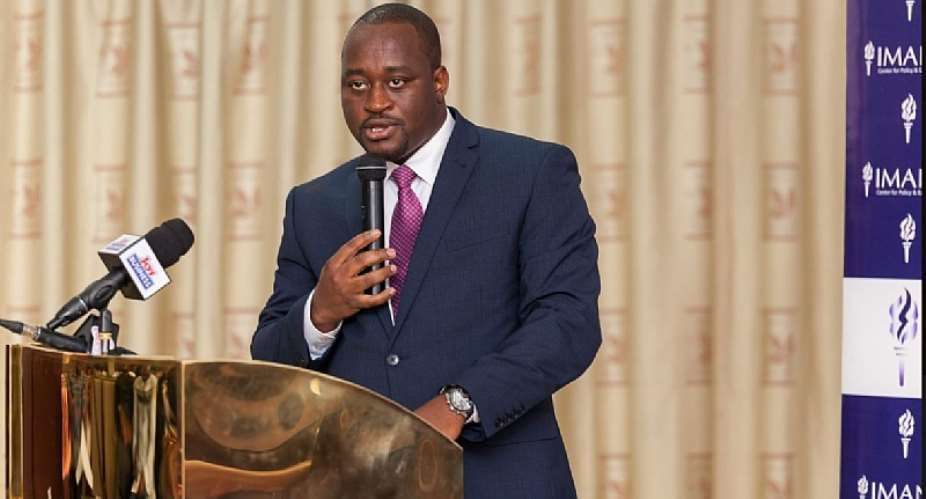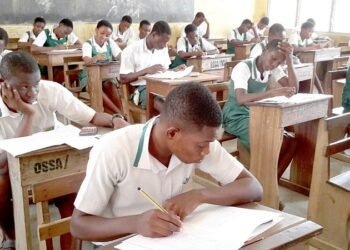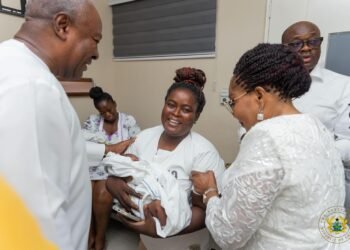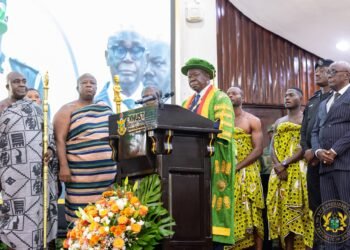The Ghana Cocoa Board (COCOBOD) has sparked intense debate following its announcement that it will not borrow from the international market for cocoa purchases in the upcoming crop season.
This decision, a departure from a 32-year tradition that has been a cornerstone of Ghana’s economic stability, has been met with a mixture of skepticism and criticism from various quarters.
COCOBOD maintains that the move is a step in the right direction, suggesting it reflects a strategic shift towards greater financial independence and sustainability.
However, the Minority Caucus in Parliament has dismissed the narrative as “false, unmeritorious, contrived, and face-saving.”
According to the Minority Leader, Dr. Ato Forson, the decision was not voluntary but rather a forced consequence of COCOBOD’s declining creditworthiness.
He argued that COCOBOD’s deteriorating financial health has effectively barred it from accessing the international credit markets, a development that poses significant risks to Ghana’s economy, particularly in terms of foreign exchange reserves that support the cedi.
Dr. Theo Acheampong, an Economist and Fellow at the IMANI Centre of Policy and Education, in a scathing critique, provided a detailed analysis of COCOBOD’s current predicament, highlighting the systemic issues that have led to this situation.
In his piece titled “Chicken and Egg Situation at COCOBOD,” Dr Acheampong contended that the organization should have accumulated enough working capital to finance its cocoa purchases without external borrowing.
Instead, Dr Acheampong posited that successive administrations have run COCOBOD into the ground, leaving its financial statements in disarray.
“This is why some of us are concerned if the Bank of Ghana or even the Ministry of Finance steps in to provide funds for COCOBOD to purchase cocoa beans. They’ll likely default, and it will become a bad debt or toxic asset on government books. It’s a big, big moral hazard problem”.
Dr Theo Acheampong, Economist and Fellow at the IMANI Centre of Policy and Education
The renowned Economist and Political Risk Analyst pointed to the May 2023 IMF Article IV report, which painted a grim picture of COCOBOD’s finances, underscoring that the organization is its own worst enemy due to poor management and oversight.
COCOBOD Accused of Deception
Dr. Peter Boamah Otukonor, an Agricultural Economist and head of Inter-Party Affairs and Civil Society Organizations (CSO) of the National Democratic Congress (NDC), echoed similar sentiments, accusing COCOBOD of deception.
According to Dr Otukonor, the real reasons behind the decision not to seek the usual syndicated loan are rooted in COCOBOD’s unsustainable debt levels, which have rendered it heavily creditworthy.
“COCOBOD’s unsustainable debts have resulted in the organization becoming heavily credit unworthy and, for that matter, unable to go to the financial markets”.
Dr Peter Boamah Otukonor, Agricultural Economist and head of Inter-Party Affairs and Civil Society Organizations (CSO) of the NDC
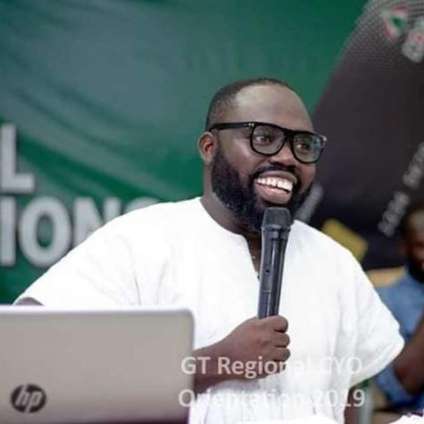
He further noted that this season’s anticipated lower yield will only require a smaller amount of liquidity for cocoa purchases, making the usual syndicated loan economically impractical.
However, Dr Otukonor questioned how COCOBOD intends to raise the necessary liquidity for the season without turning to the financial markets, given its current financial disarray.
The decision by COCOBOD not to seek international loans raises significant questions about the future of Ghana’s cocoa sector and the broader economy.
Historically, the syndicated loans obtained by COCOBOD have not only facilitated cocoa purchases but also provided vital foreign exchange to stabilize the cedi.
With this avenue now closed, concerns are mounting about the potential economic fallout, including the possibility of increased government intervention and the resultant burden on public finances.
Additionally, the situation brings to light broader issues of governance and financial management within state-owned enterprises in Ghana.
The criticisms made by both Dr Acheampong and Dr Otukonor suggest a need for urgent reforms to ensure that organizations like COCOBOD are managed in a manner that is financially sustainable and transparent.
The controversies surrounding COCOBOD’s decision not to borrow from the international market serve as a critical reminder of the need for prudent financial management and the importance of safeguarding national assets.
READ ALSO: Haiti Faces Escalating Crisis Amid Humanitarian Funding Shortfall

